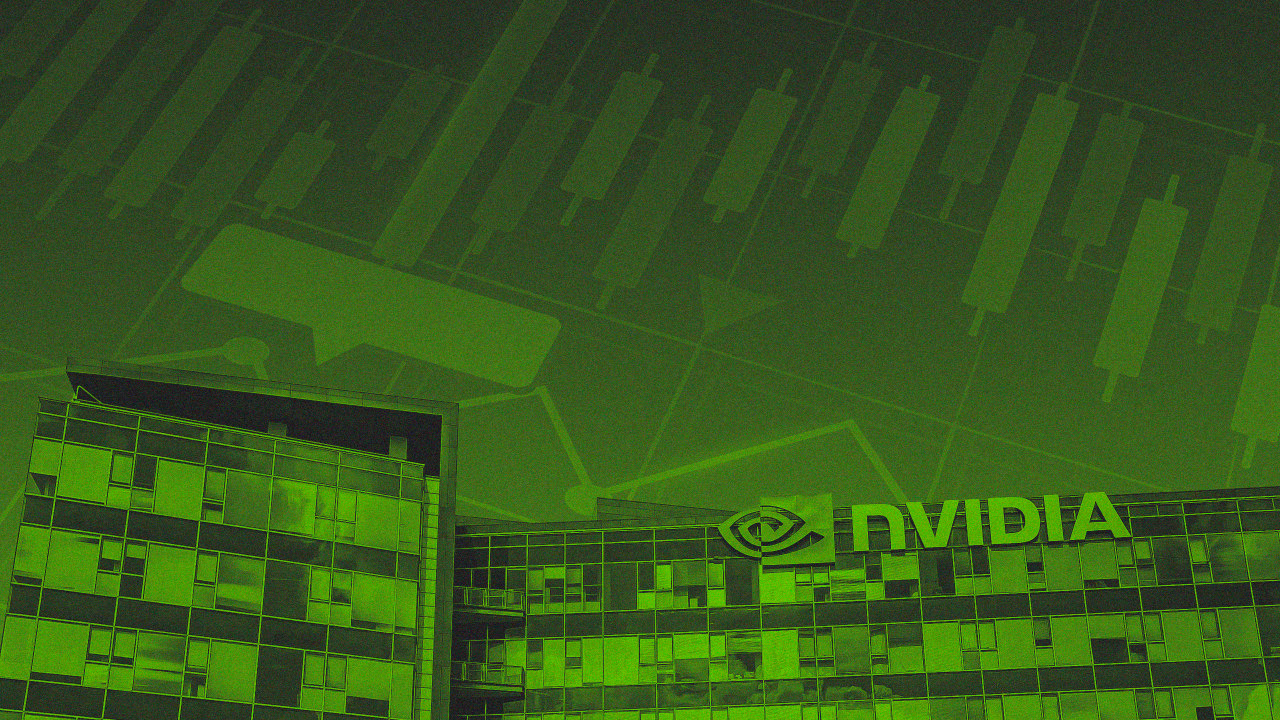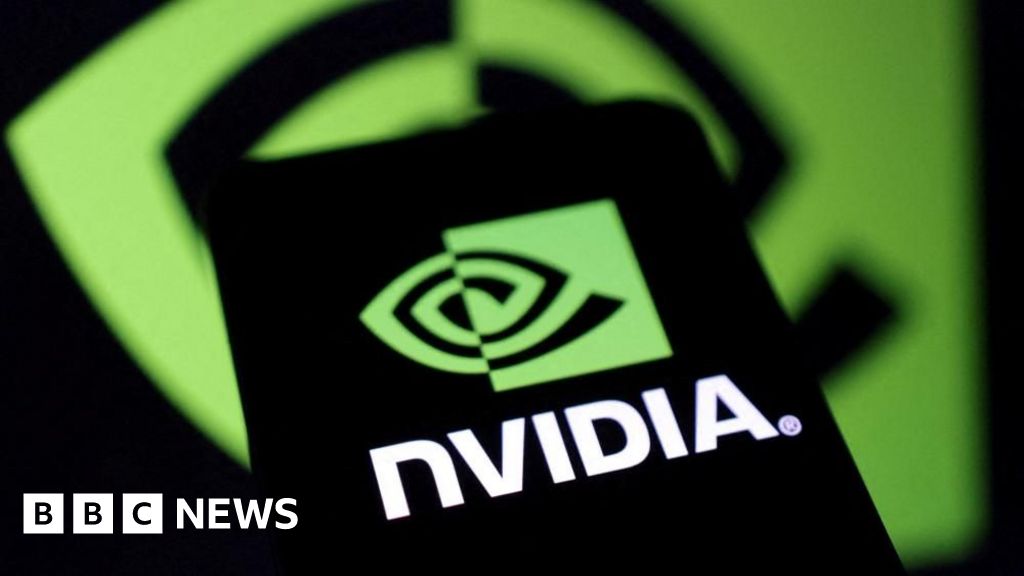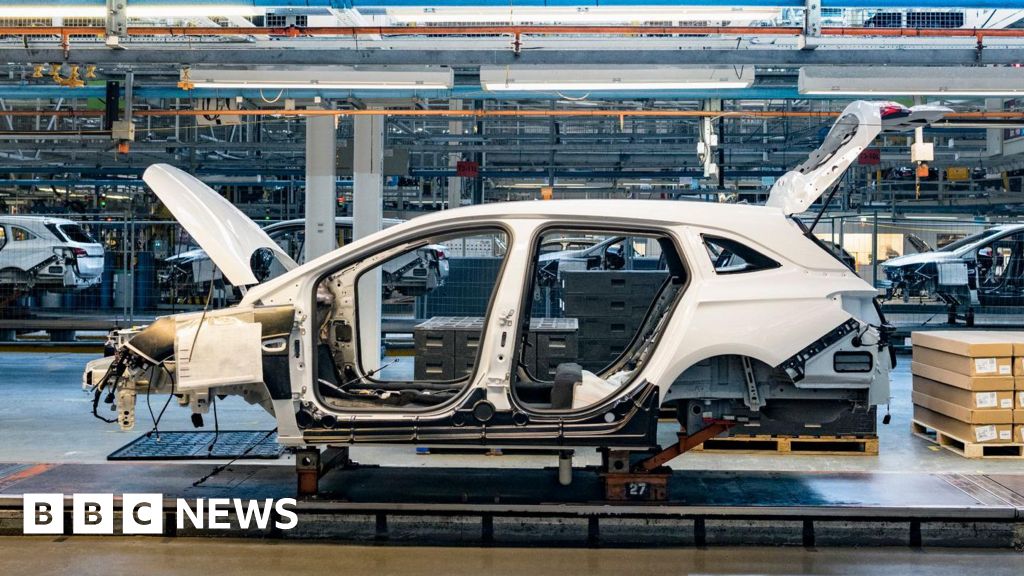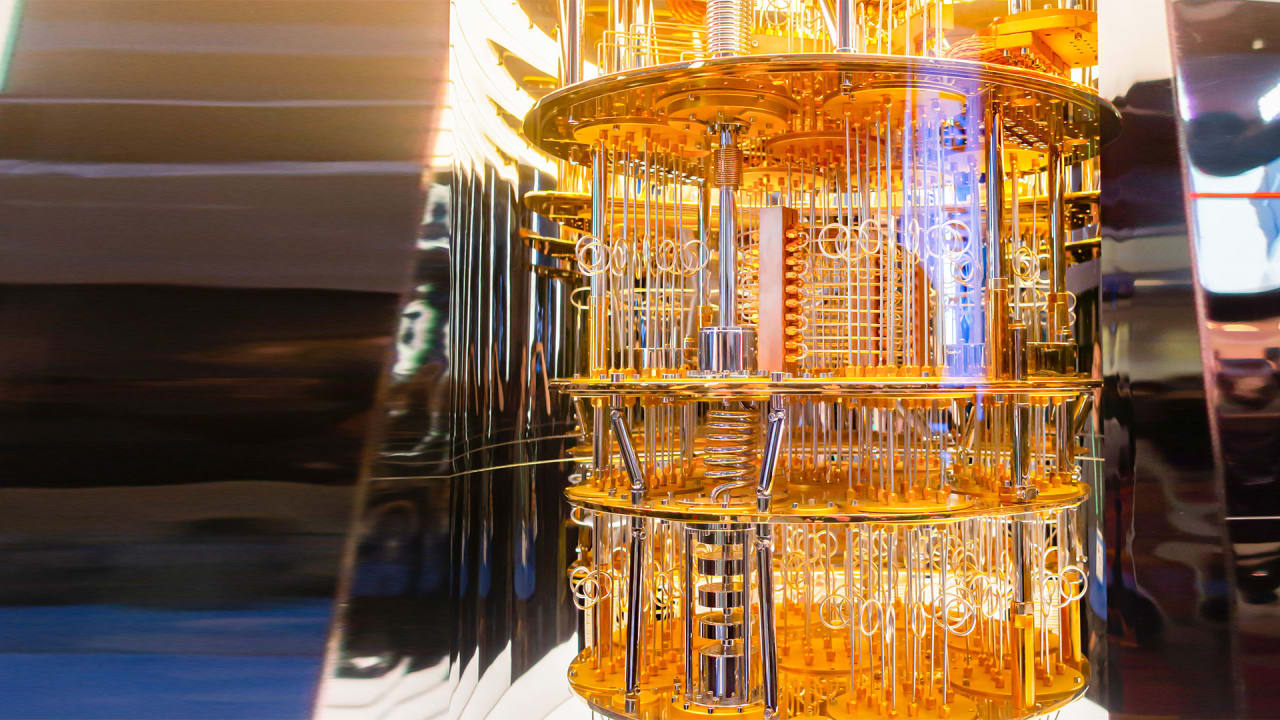Nvidia reports Q1 earnings this week: Here’s what to expect

Nvidia’s earnings have become some of the most closely watched numbers on Wall Street. The company makes up about 6.5% of the Nasdaq 100, and 5.5% of the S&P 500, so a good quarter can send the Nasdaq index soaring. A marginal or poor one can send it tumbling.
On Wednesday May 28, after the market close, the innovative chip giant will report its fiscal first quarter results for 2025 and expectations are once again high. Analysts expect Q1 revenue to grow 66% year over year to $43.28 billion, according to LSEG. That’s not the 262% increase it had in Q1 of last year, but it’s still an impressive advance. Adjusted earnings are expected to come in at $0.73 per share.
Nvidia stock (Nasdaq: NVDA) is already on the rise in advance of earnings, gaining more than 3% as of 3:00 p.m. ET, with shares topping $135. Year to date, shares of NVDA are down 2%.
Despite the high hopes, though, Nvidia is facing some substantial obstacles – and investors will be looking to see what sort of impact those will have. Last month, the Trump administration put export limits on Nvidia’s H20 chip. That led the company to announce a Q2 write-down of $5.5 billion, related to inventory and purchase commitments for the chip.
The longer-term impact of those restrictions could be worse. David O’Connor, of BNP Paribas, wrote in a note Tuesday “This inventory write-off implies a $15 billion H20 revenue hit on a rolling 12-month basis.”
The limitations on sales to China could wreak some havoc in the near-term for Nvidia. Bank of America analysts warned that guidance for the second quarter could be “messy,” saying “[Nvidia] could guide [second fiscal quarter revenue] to as low as $41 billion, below recently lowered ~$46 billion consensus.” Earnings per share consensus (an average of analyst expectations) could be lowered significantly as well in the second fiscal quarter.
While the short term could be rocky, analysts are more interested in the back half of the year – and will be listening to what the company has to say about the third and fourth quarters. Nvidia is reportedly working on a new chipset for China which would be compliant with the most recent regulations. And big contracts beyond China could potentially help make up any near-term shortfall.
A Saudi savior
Analysts have remained positive in advance of earnings. Piper Sandler, on Tuesday, reiterated its “overweight” rating on the company (meaning a belief that NVDA stock will outperform its peers or the market over the next 6 to 12 months), saying in a note, “We advise investors to weather the uncertainty and stay long the stock as this is likely largely the last wave of negative news for NVDA this year.”
And despite its warning, Bank of America maintained its “buy” rating and price target for Nvidia. It raised that target from $150 to $160 last week following the announcement of a deal with Humain, a subsidiary of Saudi Arabia’s Public Investment Fund that is building a massive AI data center. (This deal seems less likely to face restrictions as the Trump administration has given its blessing to the arrangement, with AI czar David Sacks calling it a “game-changer in the global AI race.”)
Nvidia is set to receive an estimated $7 billion in direct contracts from that deal. Phase 1 includes 18,000 Blackwell GPUs valued at roughly $700 million. Bank of America expects “several hundred thousand of NVIDIA’s most advanced GPUs” to be shipped over the next five years.
Collectively, 87% of the analysts who cover NVDA stock have a buy rating on the company. The share price has increased more than 600% in the past three years, and the company is the second largest public company in the world by market cap (behind Microsoft) with $3.3 trillion.
There are some bears, though. Michael Burry, who rose to prominence by predicting the subprime mortgage crisis in 2008, has purchased put options on the company, essentially betting against it. And other critics question how much longer the robust growth can continue, as competitors, such as Huawei, attract clients and cloud companies, like Microsoft and Google, work to create their own AI chips.
What's Your Reaction?
 Like
0
Like
0
 Dislike
0
Dislike
0
 Love
0
Love
0
 Funny
0
Funny
0
 Angry
0
Angry
0
 Sad
0
Sad
0
 Wow
0
Wow
0































































































